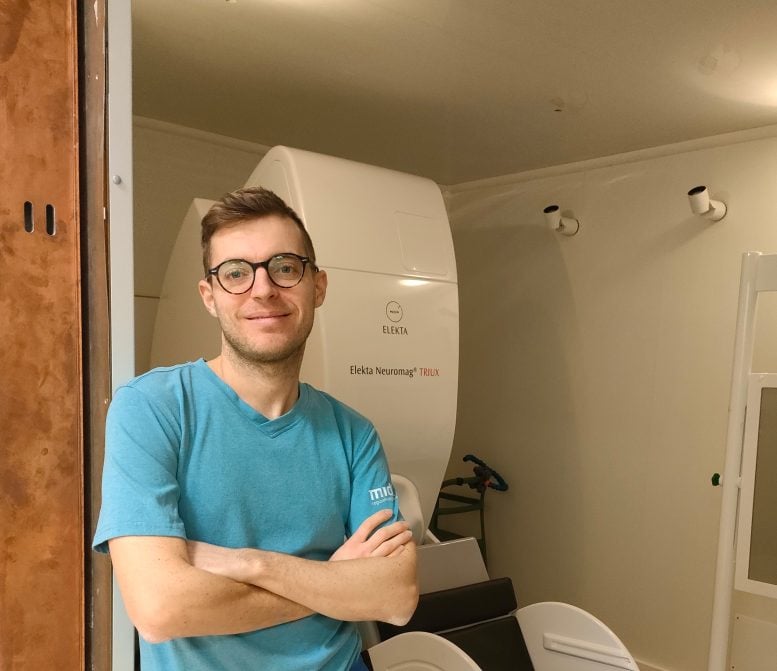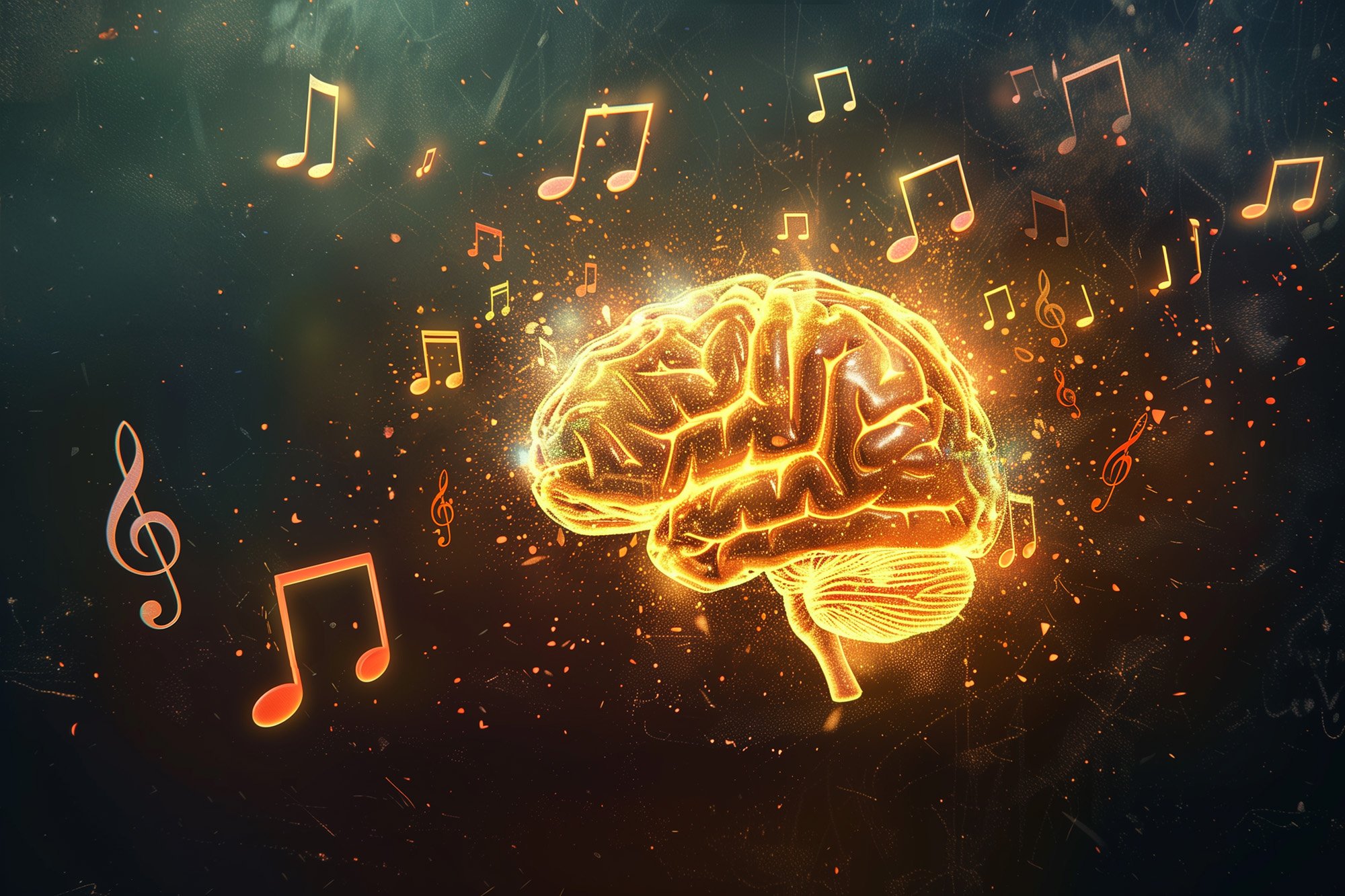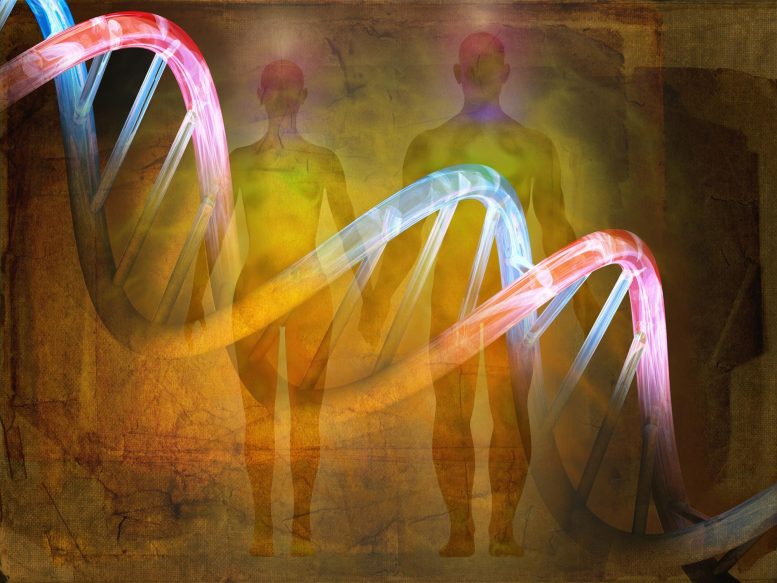New research reveals how the brain recognizes and anticipates music, providing insights that could aid in studying cognitive functions and developing dementia screening tools. Credit: SciTechDaily.com
Researchers from 
Listening to music leads to a flurry of activity in the brain, a new study shows. Associate Professor Leonardo Bonetti, from the Center for Music in the Brain at Aarhus University, is one of the lead researchers behind the study. Credit: Laura Wehmeyer
Knowing how our brain reacts to music can play a pivotal role in understanding our cognitive functions, explains one of the leading researchers behind the study, Associate Professor Leonardo Bonetti from the Center for Music in the Brain at Aarhus University: “Our research provides detailed insights into the brain’s ability to process and predict music and contributes to our broader understanding of cognitive functions. This could make a difference for studying brain health, as it offers potential pathways to explore how aging and diseases like dementia affect cognitive processing over time.”
In fact, understanding how our brain rocks along to Bohemian Rhapsody or reacts to a childhood classic may help researchers detect dementia in the future.
“In the long run, these findings could inform the development of screening tools for detecting the individual risk of developing dementia just using the brain activity of people while they listen to and recognize music.”
In the study, the researchers measured the brainwaves of 83 people as they listened to music, and they will follow up with additional studies, says Leonardo Bonetti.
“Future studies could explore how these brain mechanisms change with age or in individuals with cognitive impairments. Understanding these processes in more detail could lead to new interventions for improving cognitive function and quality of life for people with neurological conditions.”
Reference: “Spatiotemporal brain hierarchies of auditory memory recognition and predictive coding” by L. Bonetti, G. Fernández-Rubio, F. Carlomagno, M. Dietz, D. Pantazis, P. Vuust and M. L. Kringelbach, 21 May 2024, DOI: 10.1038/s41467-024-48302-4
The study was funded by the Lundbeck Foundation, the Carlsberg Foundation, and the Danish National Research Foundation.














/https://tf-cmsv2-smithsonianmag-media.s3.amazonaws.com/filer_public/34/31/3431771d-41e2-4f97-aed2-c5f1df5295da/gettyimages-1441066266_web.jpg)






Discussion about this post